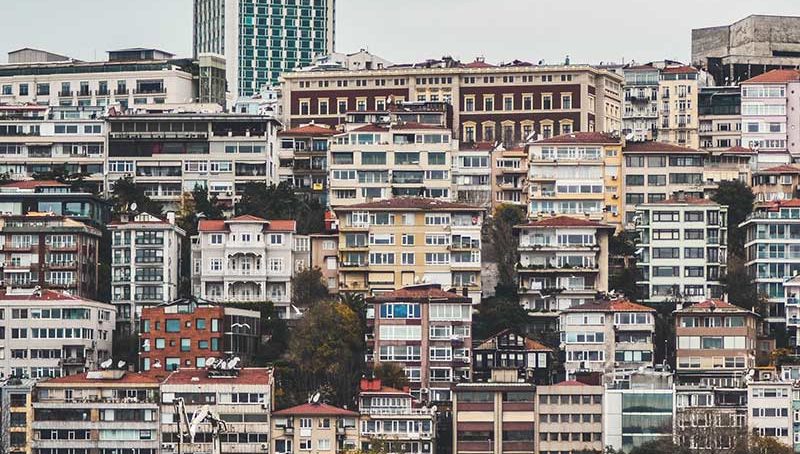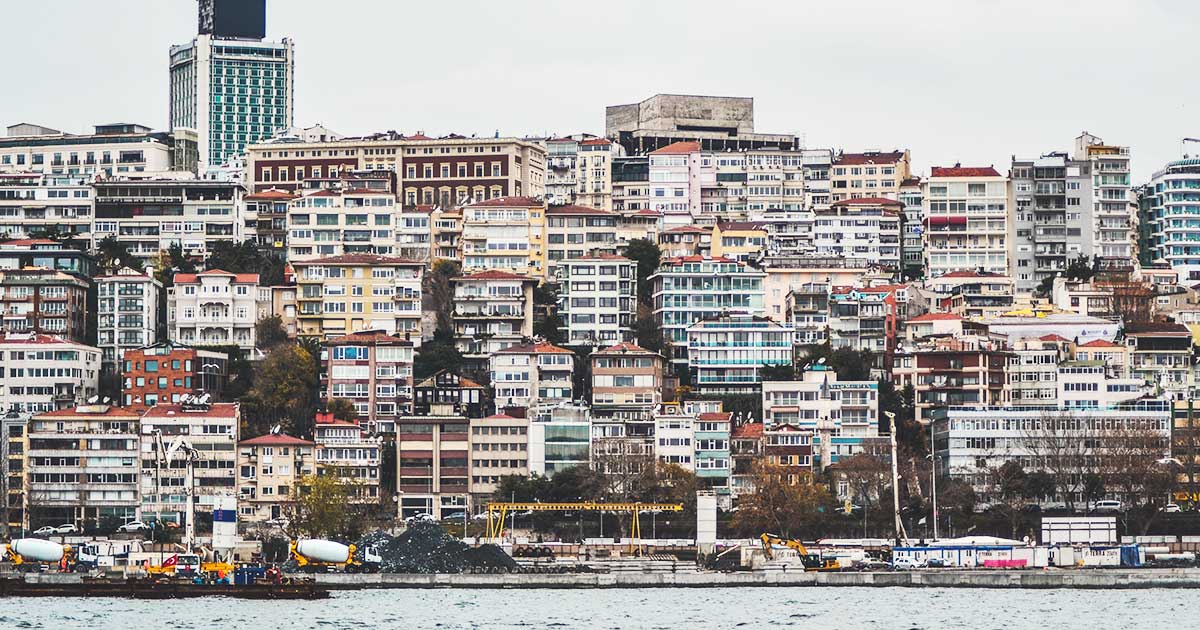

 Turkey enjoyed its best ever year for tourism in 2014, when it welcomed 36.8 million international visitors and earned sixth spot in the world rankings. Mehmet Önkal (CHA, ISHC), founder and managing partner of BDO Hospitality Consulting in Turkey, breaks down this volatile market and pinpoints the opportunities
Turkey enjoyed its best ever year for tourism in 2014, when it welcomed 36.8 million international visitors and earned sixth spot in the world rankings. Mehmet Önkal (CHA, ISHC), founder and managing partner of BDO Hospitality Consulting in Turkey, breaks down this volatile market and pinpoints the opportunities
Following the highs of 2014, Turkey’s hospitality and tourism industry found itself plagued by problems in the following two years:
- Russians were banned by President Vladimir Putin from holidaying in Turkey, following the downing of a Russian plane near the Syria-Turkey border.
- Terrorism and suicide bombings in Istanbul, Ankara and Southeast Turkey drove European visitors away.
- Unsuccessful military intervention in July 15, 2016, did little to instill calm.
Although there were areas that were problem-free, such as those around the Mediterranean and the Aegean, visitor numbers fell from 36.2 million in 2015 to 25.4 million in 2016. However, alternative markets, such as the Middle East, which benefited from the influence of Islam, helped the industry to at least remains alive.
The calm after the storm
Turkey completed the 3Rs again: resurgence, renaissance and revival. The first signs of recovery were witnessed in 2017, supported by a focus on alternative markets, such as the Middle East, and the return of Russian tourists, following an improvement in relations between the two countries. International arrivals increased to 32.4 million, marking a rise of 27.6 percent on numbers the previous year.
Bouncing back
The year 2018 marked a return to business as usual, with Europeans (mainly visitors from the UK and Germany) beginning to return. A total of 37.5 million visitors entered the country between January and November, up 22.1 per cent on the same period in 2017.
Today
Turkey has close to 5,000 hotels and other facilities offering accommodation that are licenced by the Ministry of Culture and Tourism, providing 600,000 rooms and 1.2 million beds.
Antalya, Mugla, Aydin and Izmir provinces (not cities), which are all coastal provinces of the Aegean and the Mediterranean seas, represent the top four areas in terms of tourism activity. Destinations located in these provinces that are in high demand include: Bodrum; Çeşme; Belek; Kemer; Marmaris; Fethiye; and Kuşadası. Plenty of pristine coastal land remains available for the development of new resorts. Benefits for investors include lengthy state-owned land leases, which run for 49 years, and an extensive sun-sea-sand season of at least nine months.
There are 19 golf courses in the country, some of which are signature courses. A total of 15 are concentrated in the Belek district of Antalya – a golfer’s paradise. Golf can be played throughout the year, due to the favourable climatic conditions.
Turkish Airlines plays a crucial role in tourism in Turkey. Its 331 aircrafts fly to 306 destinations – 49 domestic and 257 international locations in 124 countries – which is more than any other airline in the world. Istanbul has today carved a niche as a hub, connecting all continents, except Antarctica.
When completed in 2023, the new Istanbul Airport, which is set to be Turkish Airlines’ base, will have the capacity to serve 200 million passengers per year.
International brands have established themselves in high-demand areas, such as Bodrum, with branded villas. Additional names at the very end of the upper luxury segment are following suit, with the trend expected to continue.
Resort players are almost all domestic, with some offering high-level luxury properties. International brands are also expected to establish a presence in Turkey’s resort areas.
All-inclusive resorts are the fastest-growing segment of vacation lodging. Changing the economic conditions globally for the better and shifting guest expectations, all-inclusive resorts now offer high-quality accommodation, diverse cuisine and an ever-expanding array of amenities and services for guests of all ages and preferences. Some of these new, trendy all inclusives in Turkey are on par with, if not better than, the world’s most luxurious 5-star properties.
Opportunities
Although primary and secondary cities are almost saturated with international upscale and luxury accommodation, the need for budget hotels in rural parts of the country is huge.
Opportunities lie in the aging upscale and upper upscale establishments which are in need of renovation. International investors could capitalize on openings by buying a property in this category, renovating it and operating it, with similar opportunities available to international management companies. However, financing can represent a challenge, due to the economic situation, making external funding for this purpose something of a necessity. Access via key money, repayable during the management period, would enable industry players to undertake the necessary renovation work, with this set-up expected to be in the interest of both the owners and management companies.
These and similar solutions are what Turkey’s hospitality and tourism industry needs today.
Add to Favorites


















